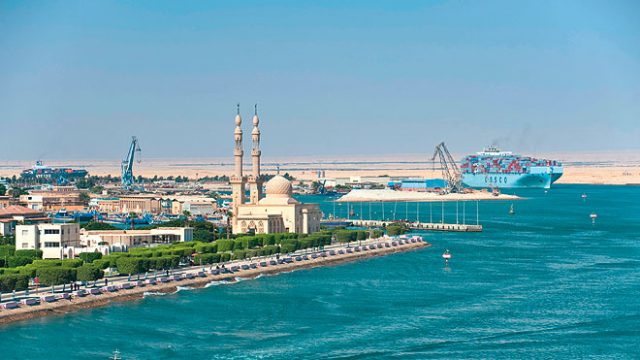The President of Egypt received foreign dignitaries on board a historic yacht with a flypast by fighter jets to declare open, in early August, what may be called the most hyped transport project of West Asia in recent memory—a major expansion of the 146-year-old Suez Canal. The grand display of national pride (preceded by a global billboard blitz) promises a turning point in international maritime navigation, a revival of Egypt’s economic fortunes, and honour to its tattered political fabric. The last two claims have drawn widespread criticism: the expansion cost $8.5 billion and trade isn’t growing at the projected figures. Nevertheless, there’s no denying the import of “Egypt’s gift to the world”, completed in record time—the shortest sea link between Asia and Europe has been deepened and another channel, 35 km long, now runs parallel to it, allowing two-way traffic and reducing transit time significantly. Meanwhile, the Panama Canal’s ongoing $5.2 billion expansion will compete for ships plying the Asia- North America route when it debuts next year.
Born-again Suez Canal
The shortest sea link between Asia and Europe has been deepened and another channel, 35 km long, now runs parallel to it

Born-again Suez Canal
Born-again Suez Canal



